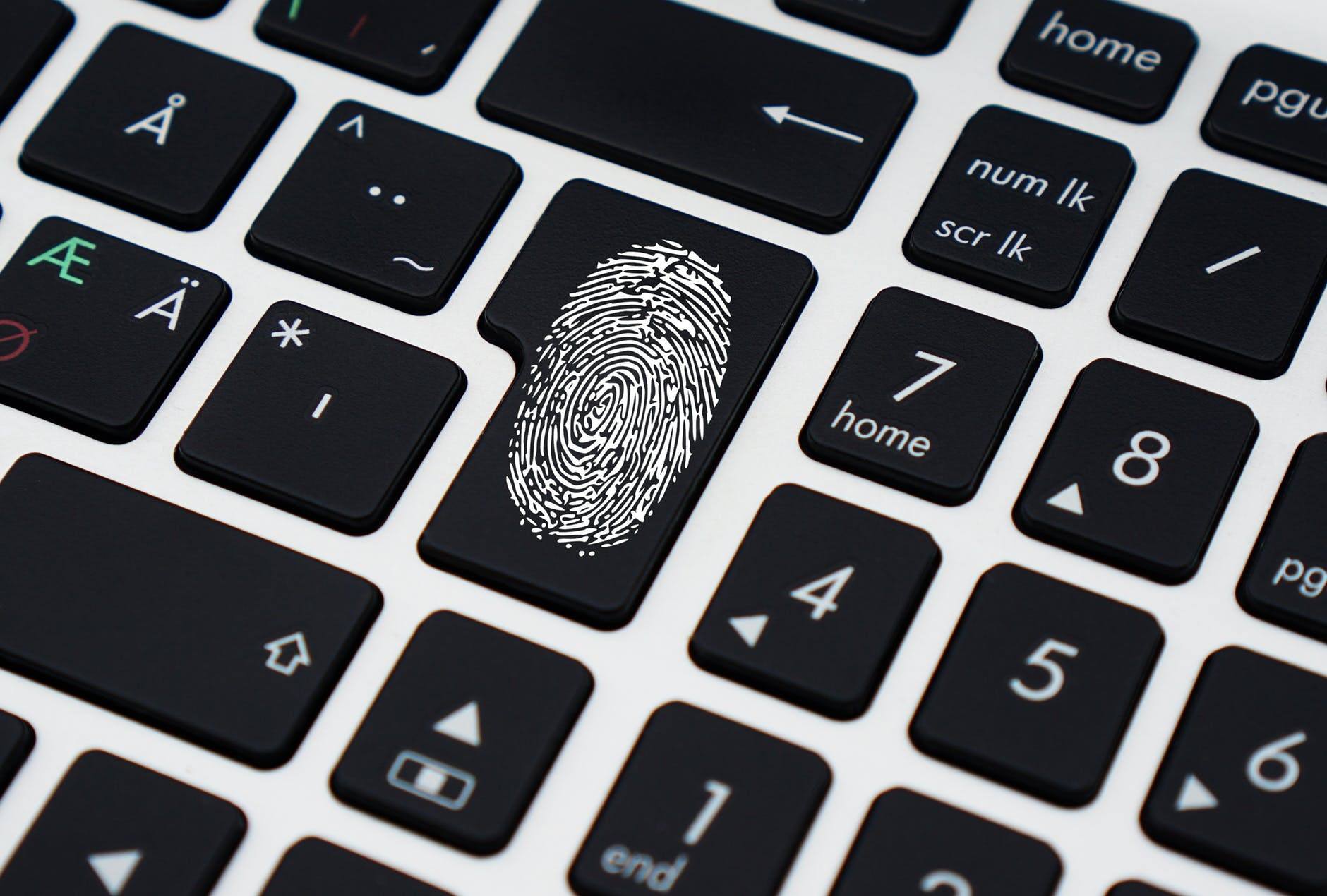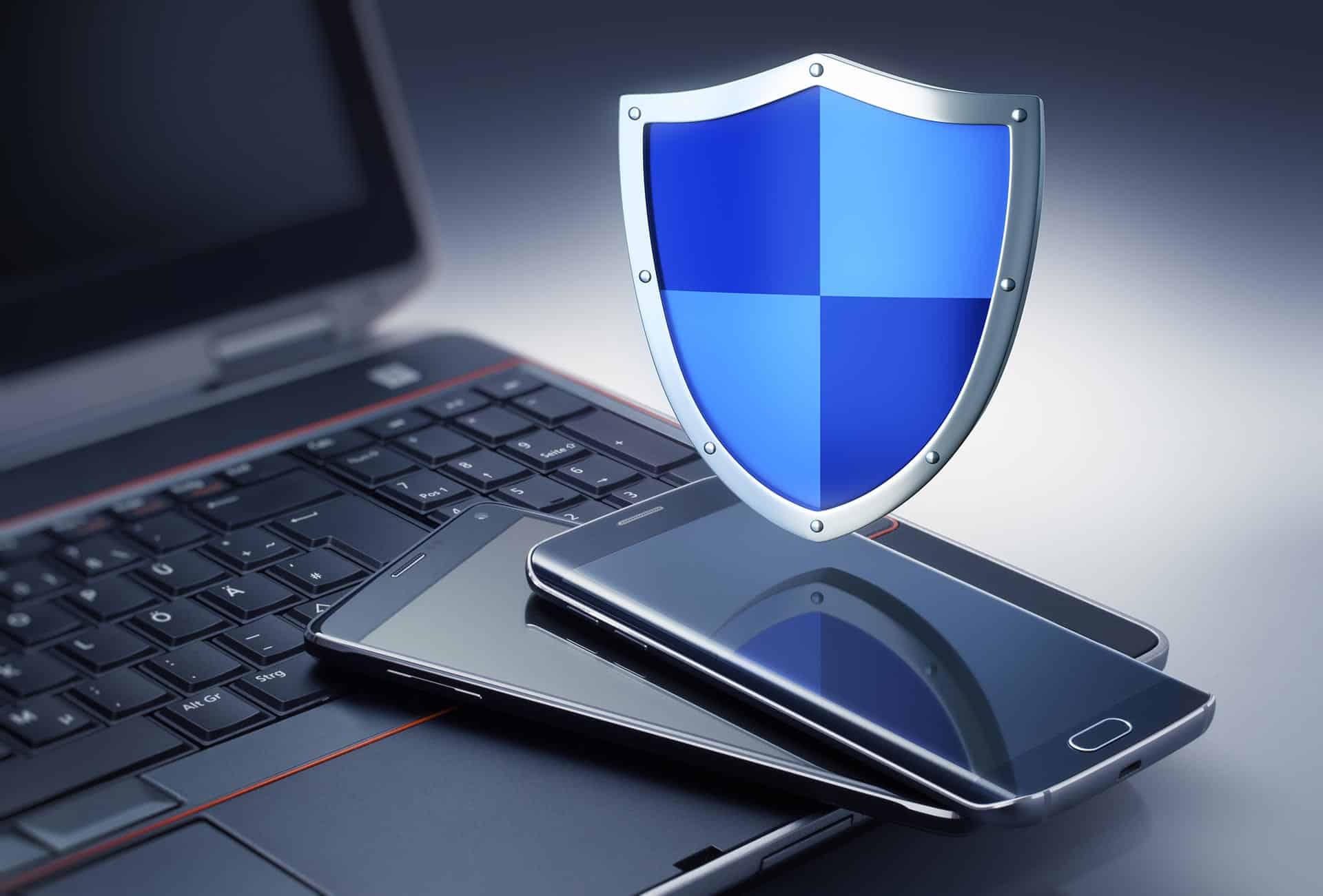There’s nothing more frustrating than having your battery die on you just as an important deadline looms. Fortunately, there are a number of ways to conserve your laptop’s battery. Here are six tips for keeping your battery power going.
Display Auto Turn-Off
Set your laptop so that your display turns off by itself if your laptop is not used for a specific amount of time. This can be one minute, five minutes, ten minutes, or whatever. This way, your battery won’t drain while you are on a bathroom break.
Reduce Brightness
Even when the display is on, reducing the brightness will help save a lot of battery power.
Disable Wifi
If you do not need the internet and can work offline, disable the wifi. Having your laptop connected to the internet causes a strain on the battery. A lot of things will be going on in the background. For example, Windows may be updating its software.
Remove External Devices
If you are not using them, remove any external drives or devices from your laptop. Take out any USB sticks and DVDs. Do not use your laptop to charge your phone. All of these things take up precious battery power.
Use the Battery Saver
Turn on the battery saver feature that is built into Windows if you need to save battery. Some manufacturers install additional features to help you save and conserve battery power.
Shut Off Background Noise
Focus on one thing at a time when your battery power needs to be conserved. Shut off things that are running in the background by using your task manager to figure out what is using up the CPU. Don’t have multiple windows open at once; if you do not need a program at the moment, close it instead of minimizing it.
For more information, contact us today.




